
In less than three years, ten23 health has developed into a Contract Development and Research Organisation (CDMO) with 200 employees. UBS co-financed the company's most recent large-scale expansion with a special growth loan. The bank has been supporting the company for several years. We spoke to Hanns-Christian Mahler (CEO ten23), Philippe Schlegel (UBS Growth Advisory) and Mike Hutter (UBS Client Advisor) about the background.
Dr Mahler, since the COVID-19 pandemic, we all know that service providers working for large pharmaceutical companies play an important role in the pharmaceutical value chain. ten23 health is one of these service providers, a CDMO to be precise. What does that mean exactly?
Hanns-Christian Mahler (HCM): CDMO stands for Contract Development and Manufacturing Organisation. Our focus are sterile drug products, and we can offer services for these quite comprehensively. ten23 health can hence support its customers from early-stage conceptualisation of a product and designing a development strategy, to development, clinical as well as commercial sterile filling and testing.
ten23 was launched in September 2021 with a focus on development. Just a few weeks later, you took over the Visp-based company swissfillon, which focussed on manufacturing. That sounds like a good fit.
HCM: Absolutely, and for several reasons. Swissfillon had some unique capabilities with a focus on manufacturing complex sterile injectable products. There was also a similar start-up spirit to ten23 and the geographical proximity. The combination of ten23's Basel and former swissfillon Visp sites and activities are indeed in combination a unique offering to customers and ultimately patients and bigger than its parts.
Were you able to leverage the desired synergies? In other words, has the combined company been successful on the market?
HCM: Yes, we have been able to grow significantly every year so far. And we have a very balanced customer base, both geographically and in terms of the size of the companies. It now ranges from biotech startups, to SMEs to top 10 pharmaceutical companies.
Is margin pressure not an issue for you?
HCM: Our services are not differentiated through price, but through our expertise and capabilities. For example, we can develop high concentration formulations for subcutaneous or intraocular injection or infusion, overcoming challenges related to viscosity,and stability; we can then fill these sterile medicines into complex containers or dosage forms such as vials, cartridges, or syringes. For sterile medicines, special care must be given for minimal contamination, but also there are various requirements to be met, including precision of filling or desired injection forces to ensure the patient or healthcare professional can easily use the medicinal product.
This makes ten23 a niche supplier.
HCM: I would call it more of a boutique. We address customers who want to benefit from our experience and our special expertise. We offer something that they can't get anywhere else. To add, the complexity of biological medicines is constantly increasing and the addressable market for us is therefore becoming bigger and bigger.
What are the reasons?
HCM: Firstly, the molecules are becoming more complicated and therefore more fragile than traditional biological drugs, and all require to be injected or infused. Secondly, the trend towards self-administration of injectable drugs with modern devices such as pens, auto-injectors, on-body injectors and wearables is a market trend we can well serve. These complex products require a very high level of development expertise and precision manufacturing. And finally, regulatory requirements are increasing. These demand facilities that we have in Visp, whereas many pharma companies and CDMOs are struggling with adapting their older facilities.
Speaking of state-of-the-art facilities. You are realising a major new project in Visp. What is it about?
HCM: We are expanding with a new 4000 square metres building that will include two larger scale sterile manufacturing lines and we are also about to complete our QC Microbiology lab at this new "VIVA2" location, in Visp-West. The additional manufacturing lines and the lab will not only provide additional capacity for sterile filling, but open additional markets and product lines, as the batch size of manufacturing will be much higher, and we introduce additional technology. With fill line 3 we will have the ability to fill bulk containers - vials - both in liquid and lyophilised form.
Mr Schlegel, UBS helped to finance the new manufacturing building with a special growth loan. What is special about this loan?
Philippe Schlegel (PS): When granting the growth credit, we didn’t focus on the company’s past but on its future potential. As ten23 was only founded in 2021, it would not have been possible to make an assessment based on the financial results of the last three years alone as it is usually done in a credit assessment.
What convinced UBS about ten23?
PS: There are several reasons. First of all, the expertise of the management and employees. In addition, there is the growing market combined with a clear market need for ten23’s service offering. Another factor was the certification from Swiss medic and the Food and Drug Administration (FDA). And finally, the private equity company 3i, an important shareholder of ten23, also participated in the financing of the project.
Dr Mahler, a quick question about 3i. The renowned private equity investor has been invested in ten23 since the beginning. How did this come about?
HCM: The contact was made through a mutual friend. 3i made a long-term commitment at an early stage. This is very unusual for a private equity company, which normally invests in more mature companies. I think the deciding factor, as with UBS, was the interesting market on the one hand and the team on the other.
Back to UBS. The business relationship between UBS and the former swissfillon, which ten23 took over in autumn 2021, had already existed for some time. Mr Hutter, can you tell us more?
Mike Hutter (MH): We have supported swissfillon right from the start. And not just with the usual banking services, but also with strategic expertise and our network. Among other things, we established contact with the SEF.Growth programme. As part of the programme, swissfillon received further support from industry experts. We also helped to set up the necessary structures to bring investors on board. An important milestone for swissfillon at the time was our offer to finance its first filling machine. However, it was already clear at the time that the company needed another shareholder in order to grow. This is now possible with ten23.
Dr Mahler, with this background, was it clear that you would work with UBS on the financing?
HCM: For us it was a natural choice to consider UBS for that, given the recent interactions and prior business relationships. Of course, we also considered other potential partnerships for financing.
Can you say something about the size of the investment in Visp-West?
HCM: The size of the investment is not disclosed but it is substantial.
When will the new manufacturing lines go into operation?
HCM: Before the end of this year, our Line 2 will be GMP operational, with regulatory approvals to follow in short order.
How many employees does ten23 have today?
HCM: Around 200.
With 3i on board as an investor - is there a clear exit scenario?
HCM: ten23 is determined to grow sustainably, both in Basel and in Visp. 3i is well aligned with this long-term focus. We do not have any pre-determined exit strategy or scenario, nor timeline.
Mr Hutter, you have known ten23 and the former swissfillon for almost ten years. What is your conclusion?
MH: For UBS, the best thing is when the customer is successful. In addition, a real pharmaceutical cluster has developed around Visp in recent years. This is very pleasing for the Upper Valais region.


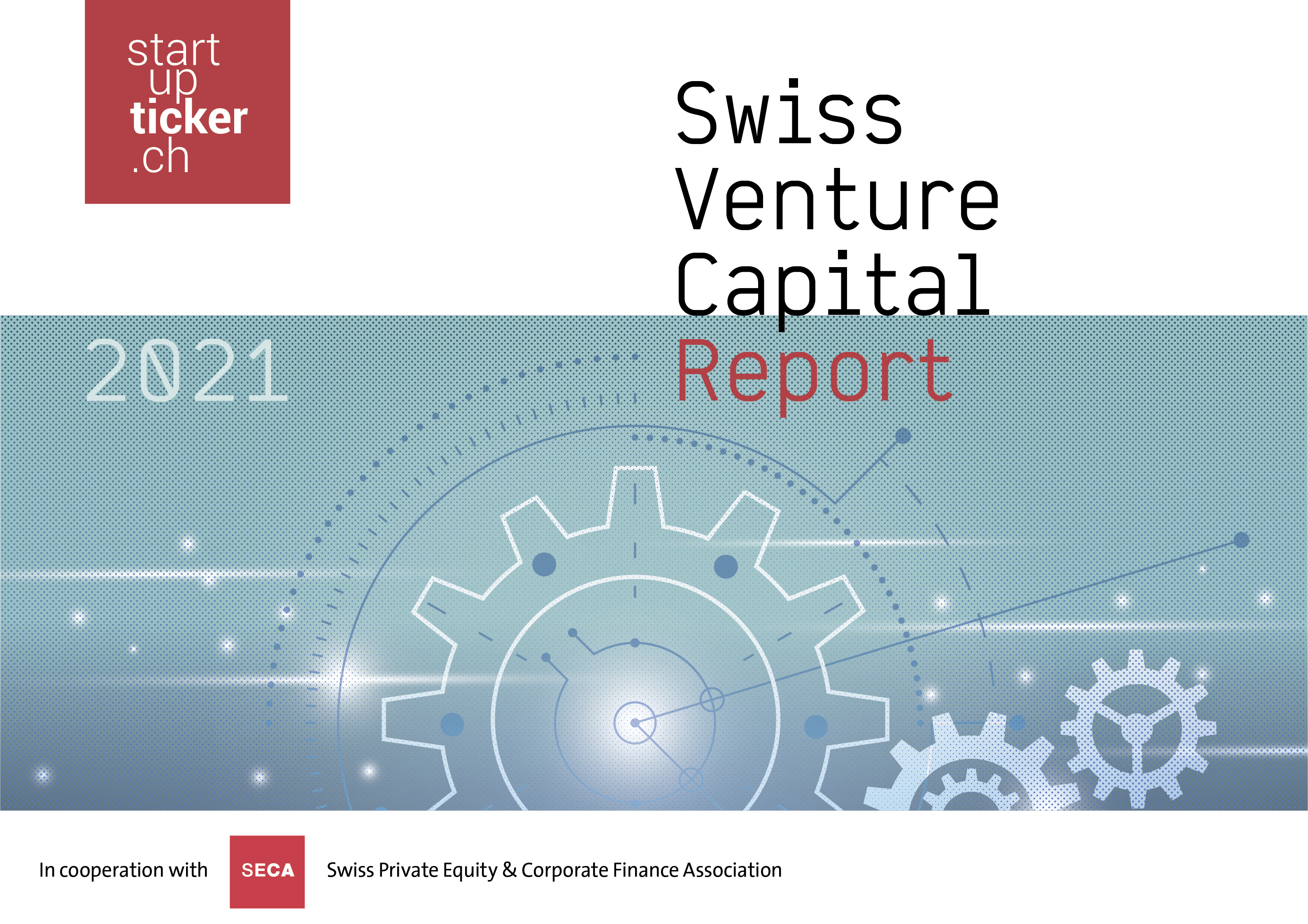 The new Swiss Venture Capital Report was published on 26 January. It analyses 304 financing rounds closed in 2020 and includes further article such as an interview with Michael Hengartner, President of the ETH Board, and a list of Swiss "soonicorns".
The new Swiss Venture Capital Report was published on 26 January. It analyses 304 financing rounds closed in 2020 and includes further article such as an interview with Michael Hengartner, President of the ETH Board, and a list of Swiss "soonicorns". 















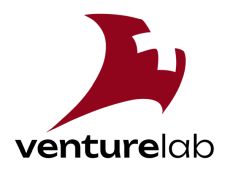


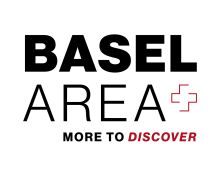
















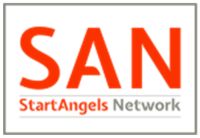


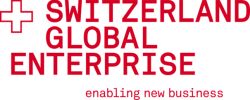













Please login or sign up to comment.
Commenting guidelines